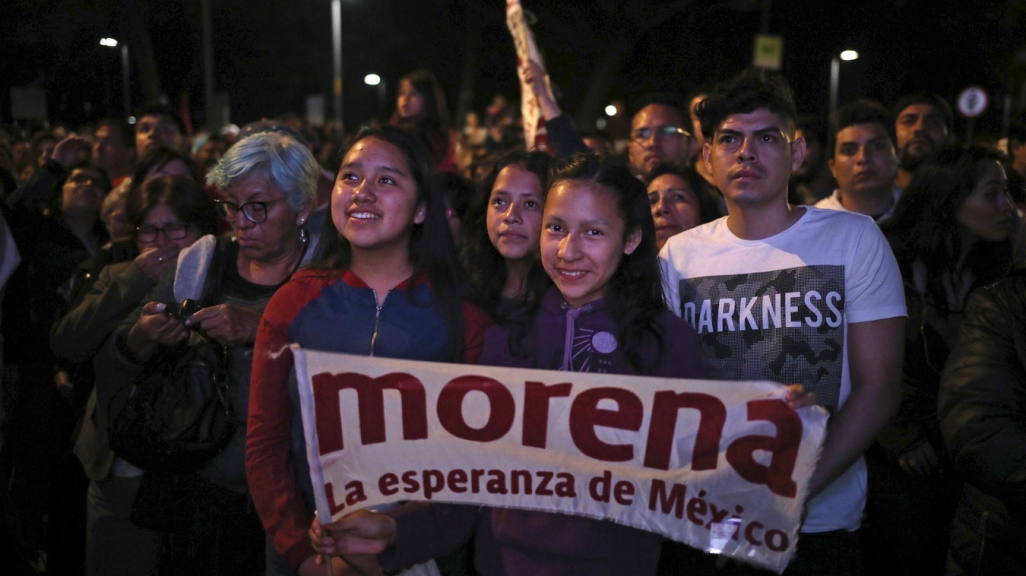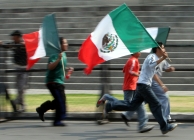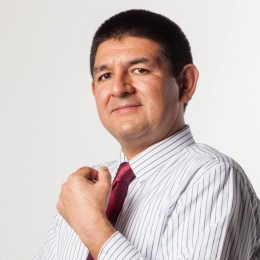LatAm in Focus: Ten Years in, What's the Future of Mexico's Morena Party?
LatAm in Focus: Ten Years in, What's the Future of Mexico's Morena Party?
Pollster Lorena Becerra and political scientist Javier Aparicio explain the meteoric rise—and the 2024 electoral test—for President AMLO’s political party.
In 2024, Mexico marks not just the biggest elections in its history, but a milestone for the leftist force now in power. It will be 10 years since the National Regeneration Movement—better known as Morena—officially became political party. And its rise has been nothing short of meteoric. In a single decade, it has come to control two-thirds of the country’s 32 governorships, most of the state legislatures, and the largest number of seats in both houses of Congress.

Much of that power expansion comes down to one man, President Andrés Manuel López Obrador, who helped sweep the party into power when he won the 2018 election. But on October 1, 2024, his single, six-year term will come to an end. “He has always been quite a phenomenon. So generally, when he goes to the polls, he usually exceeds his party’s vote by at least 10 percentage points," explains Lorena Becerra, the founder of Becerra Mizuno y Asociados and former head of public opinion at Mexican daily Reforma. The political analyst told AS/COA Online’s Carin Zissis that the big question is what will happen as Mexicans prepare to vote for more than 20,000 officials—from the president down to municipal roles—on June 2, 2024. “Now we have to see how Morena is going to survive for many years to come without him, because he built this party.”
With an eye to the June 2 elections, keep up to date on the race for president, legislature, governorships, and more.
Two women, Claudia Sheinbaum and Xóchitl Gálvez, are competing for the presidency. See polls ahead of the June 2, 2024 election.
Subscribe to Latin America in Focus, AS/COA's podcast focusing on the latest trends in politics, economics, and culture throughout the Americas.





.png)
